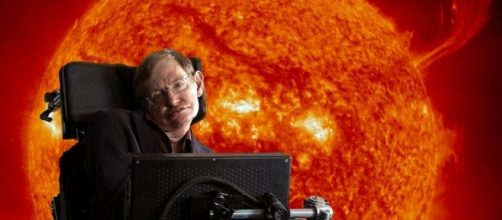NASA and other space agencies around the world are constantly working toward the goal of sending humans in search of other viable planets and maybe one day settle there. This initiative has been taken as a result of the underlying proof that Earth’s environment is constantly getting worse. The effects of global warming may also wreak havoc on the planet within the next hundred years.
World renowned physicist Stephen Hawking too believes that humans should be accelerating the search for other habitable worlds. He believes that overpopulation and climate change will force humans in the not too distant future to seek out new places to settle down in.
It is Hawking’s belief that the best bet for humanity currently would be to figure out how to establish a truly independent outpost on either the moon or on the surface of Mars.
Stephen Hawking’s plans
Hawking spoke about what his thoughts are on the topic of earthlings leaving Earth to settle in a different world. The scientist said that at the moment greater efforts should be undertaken to establish working colonies on either the moon or on Mars since they are the closest bodies to our planet. However, according to him, the best place to look for viable colonies is a planet named Proxima Centauri b, located 4.5 light years away from the Earth in a system surrounding the star Proxima Centauri.
To know more about the planet, humans would have to actually visit its surface. However, using current technology and space travel innovations it would take around 3 million years to reach the Proxima Centauri b planet. Thus, Hawking’s stated that for the survival of the human species, space travel technology would need to be revolutionized.
How Hawking’s thinks humans can travel faster in space
For this, Hawking has teamed up with billionaire physicist Yuri Milner and founded an organization, dubbed Breakthrough Starshot. The scientists in the team are trying to create a technology which will utilize light to speed up space crafts and space probes to speeds of almost one-fifth the speed of light.
Putting this into perspective, Hawking said that with such high speeds the probe could accelerate to speeds of almost 100 million mph.
This means that it could reach Mars in a day, a journey which takes 260 days currently using propulsion. At the same speed, the probe would be able to reach the Proxima Centauri b planet in just 20 years. Hawking ended his speech by reinforcing that human colonization of other planets was no longer science fiction and could be achieved in the next few years.


